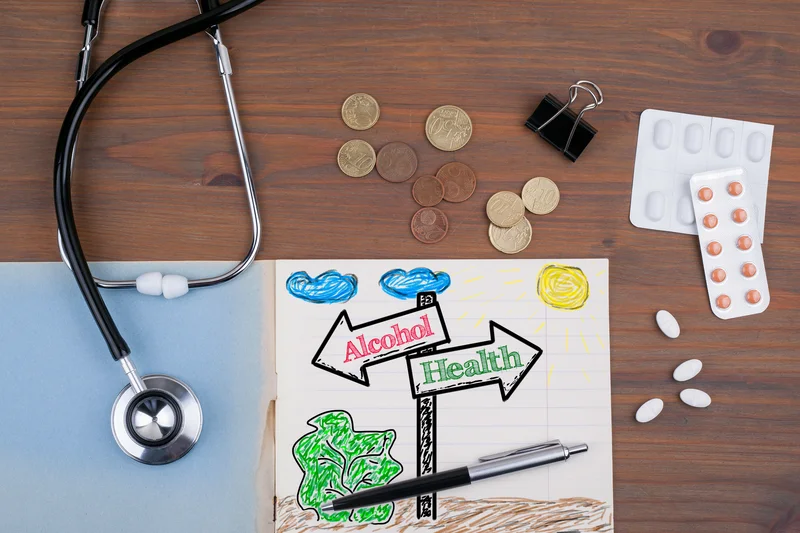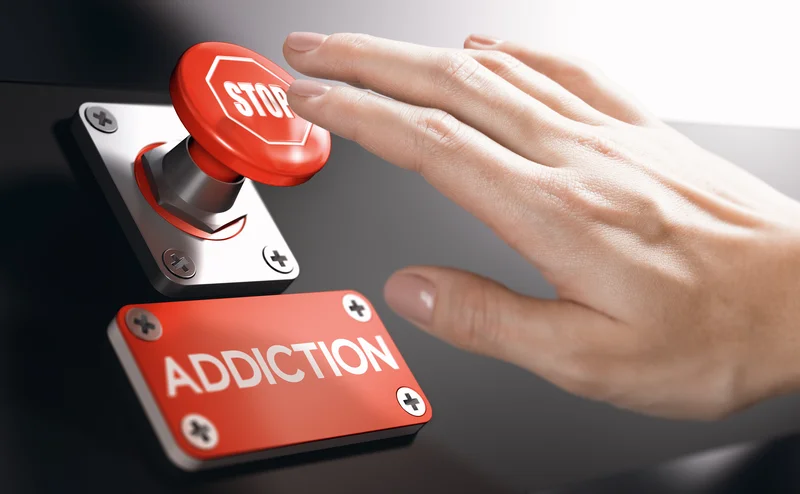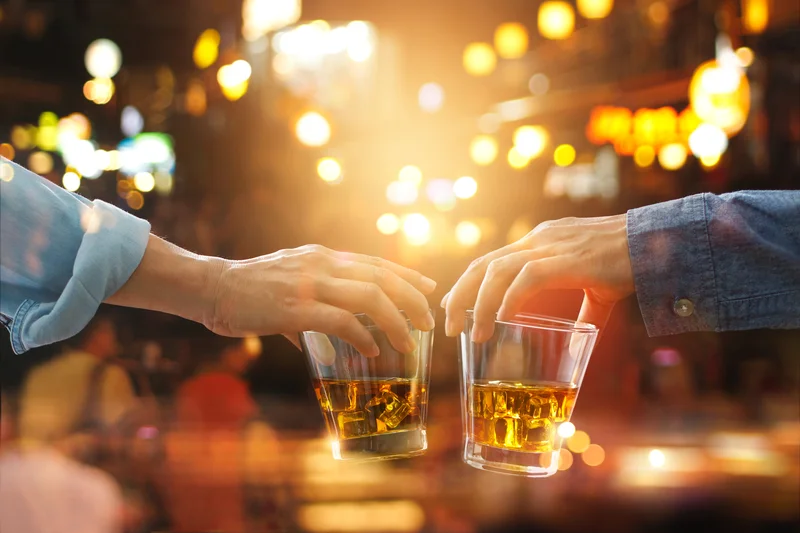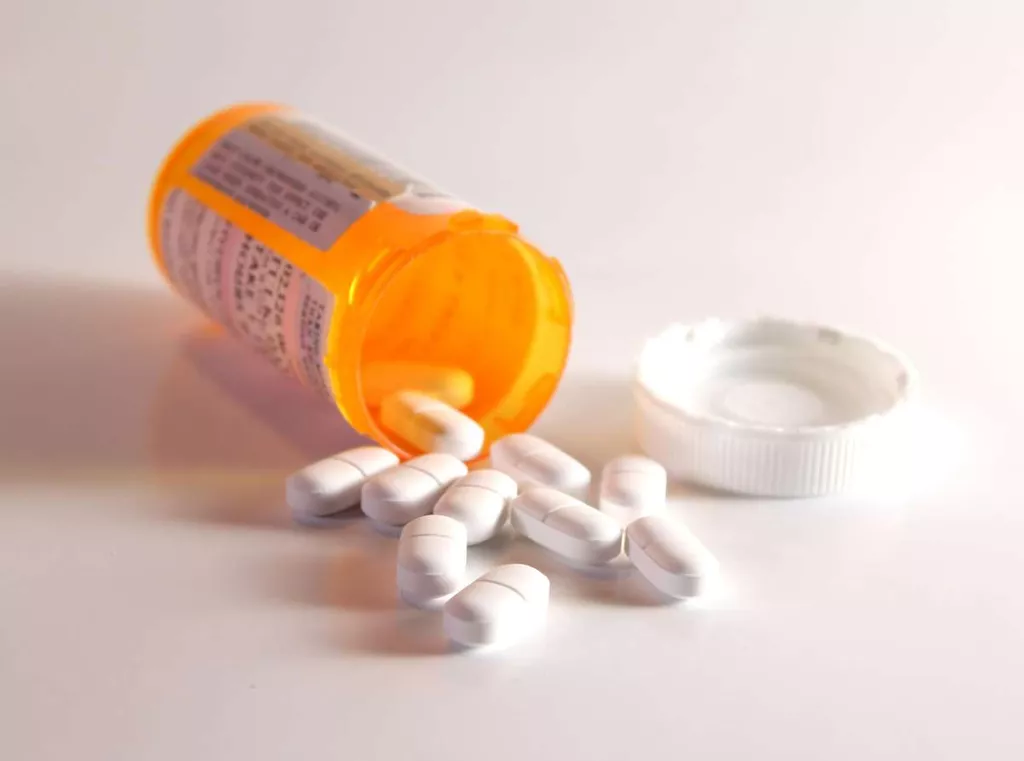
We combine our education and expertise with our empathy to provide the highest quality addiction treatment in this region. At the same time, alcohol inhibits the neurotransmitter glutamate, which normally increases brain activity. This further contributes to alcohol’s depressant effects, slowing down thought processes and reflexes. Understanding how addiction hijacks the brain is the first step to breaking free and regaining control of one’s life. There is hope, and many have successfully overcome addiction with appropriate help and support. Marin, Marie-France, et al. “Chronic stress, cognitive functioning and mental health.” Neurobiology of Learning and Memory, November 2011.
- Psychological addiction to alcohol is often linked to underlying mental health issues or past trauma.
- For the most part, people have focused on drug addiction, though some people view addiction as potentially being expanded into the behavioral realm to include things like gambling, shopping, sex, and so on.
- A person with an addiction has a compulsion to perform a behavior that they know is harmful.
- Addiction isn’t simply a lack of willpower or a moral failing—it’s a response to stress and disconnection.
- You no longer need to run from discomfort—you are strong enough to face any challenge.
- When we indulge in addictive behaviors, the brain releases chemicals like dopamine that give us a sense of pleasure, satisfaction, or relief.
Mental Health and Coping Mechanisms

The behavior becomes ritualized—something you must do to feel normal. In her time here, Karlie trained as a clinical supervisor and an Acudetox therapist. She has a passion for working with clients to help them develop a more profound sense what is Oxford House of identity to navigate depressive and anxious symptoms. She’s passionate about working with clients to work through trauma and improve mental stability.
- As the brain’s natural balance shifts, drinking evolves from a choice to a necessity, and people find themselves drinking to avoid withdrawal symptoms rather than for enjoyment.
- Treatment strategies for alcohol addiction often involve consistent and long-term use of medication-assisted treatment, therapeutic intervention, support groups, and lifestyle modifications.
- Alcohol is a legal and readily available substance in the United States.
- They show drinking as a socially acceptable, fun, and relaxing pastime.
Superfecundation: Exploring the Science of Twins Born to Two Different Fathers

Breaking the neurological mechanism of alcohol addiction requires professional assistance and support. Treatment strategies for alcohol addiction often involve consistent and long-term use of medication-assisted treatment, therapeutic intervention, support groups, and lifestyle modifications. Over time, these changes to the brain create a vicious cycle of dependence that keeps the person dependent on alcohol.
Withdrawal Symptoms
Contact AspenRidge Recovery today to learn more about our programs and take the first step toward recovery. Have you tried to stop using alcohol but lost your resolve once you began to experience uncomfortable withdrawal symptoms and intense cravings? Even if you have never experienced withdrawal before, the fear of the process may prevent you from seeking the help you need to overcome alcohol dependence or addiction.
Lack of Control Over Drinking

With tolerance, a person can drink large quantities and still not appear under the influence. People prone to alcoholism may have a genetic predisposition, mental health issues, or be in an environment that encourages drinking. Drinking alcohol increases the production of several chemicals in the brain, like dopamine and endorphins. These chemicals produce pleasurable feelings and act as natural painkillers.

Why is Alcohol Addictive? Understanding the Control and How to Get Help
- Alcohol is one of the most commonly consumed legal ‘drugs’ in the world.
- The way the brain rewards you for these behaviors motivates you to continue doing them.
- Surely each individual drinker has individual reasoning, but the following are some typical social reasons people become addicted to alcohol.
- In the U.S. currently, the average person consumes almost 20 teaspoons a day of added sugar in things like sugary beverages, snacks, and sweets, which is enormous — it’s almost 300 calories.
- Sugar stimulates the same system, promoting the release of dopamine, but not to the same degree or with the accompanying physical changes in the brain, as seen in patients with substance use disorders.
Over time, the brain’s reward system becomes rewired to prioritize alcohol consumption over other activities, making it challenging to quit. Research indicates that genetics play a significant role in the risk of developing alcohol use disorder. Certain genetic variants can influence why is alcohol addicting how alcohol is metabolized, how rewarding it feels, and how susceptible an individual is to its effects.

Leave A Comment